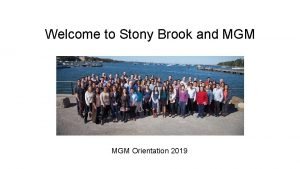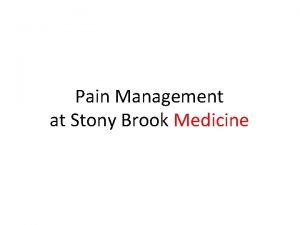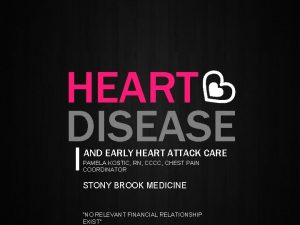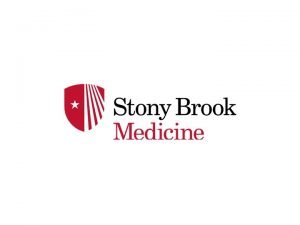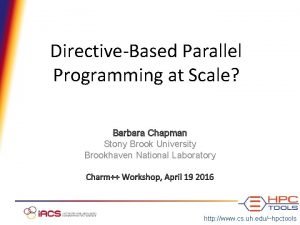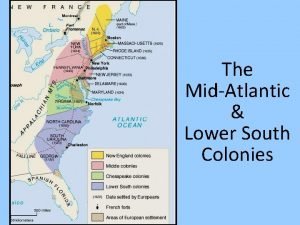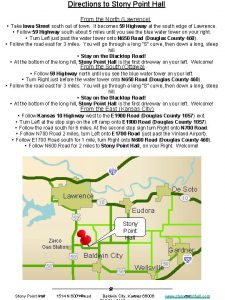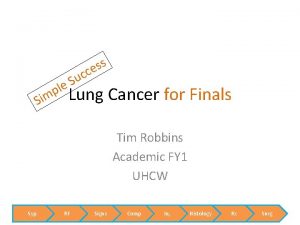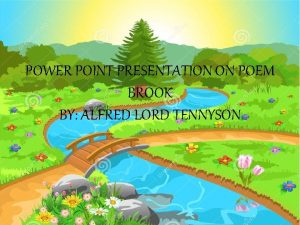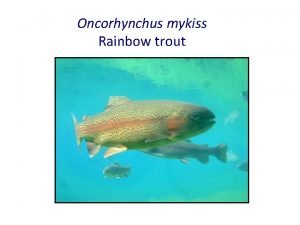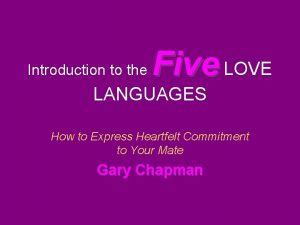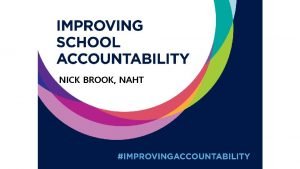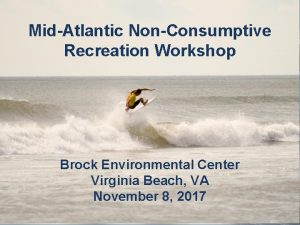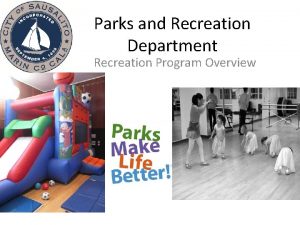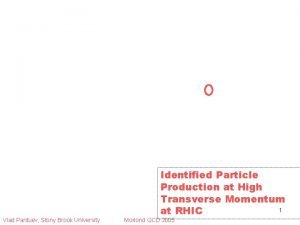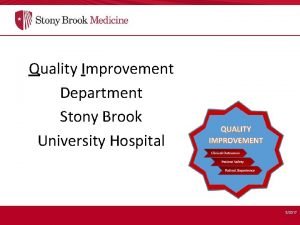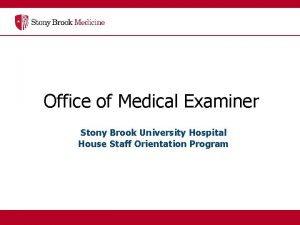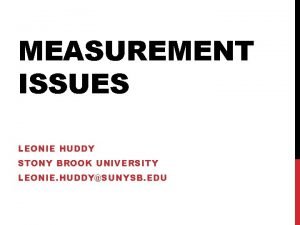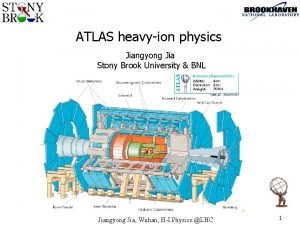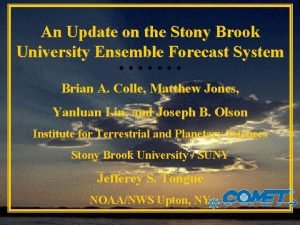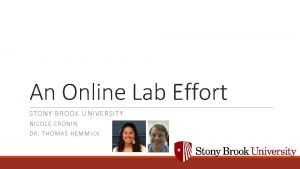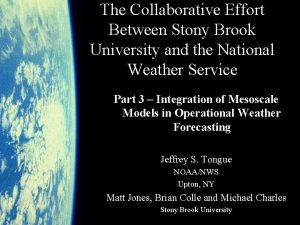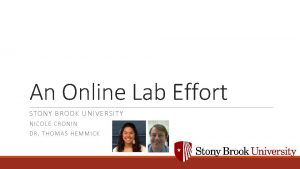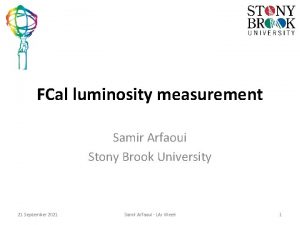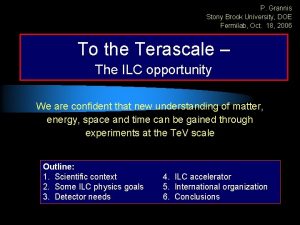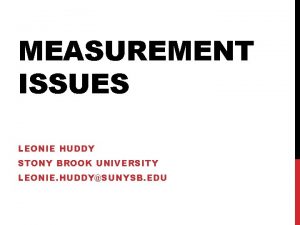MidAtlantic NonConsumptive Recreation Workshop Stony Brook University September

Mid-Atlantic Non-Consumptive Recreation Workshop Stony Brook University September 27, 2017

Thank you to our hosts: Stony Brook University Mid Atlantic Regional Council on the Ocean New York State Department of Environmental Conservation Surfrider

Overview of the Mid-Atlantic Regional Planning Body ESTABLISHED in April 2013 to design and implement collaborative Mid-Atlantic regional ocean planning PRIMARY PURPOSE is to improve coordination, share data, and build collaborative relationships to address regional ocean issues.

• Includes representatives of: – 6 Mid-Atlantic states: NY, NJ, PA, DE, MD, and VA – 2 federally-recognized Tribes in the region: the Shinnecock Indian Nation and the Pamunkey Indian Tribe – Mid-Atlantic Fishery Management Council – 8 Federal agencies with ocean interests – Connecticut serves as an ex-officio member • Website: www. boem. gov/Mid-Atlantic-Regional-Planning-Body • Email address: Mid. Atlantic. RPB@boem. gov

Public input: a priority throughout Draft Plan development • 5 in-person public RPB meetings with public comment sessions • 4 public webinars to present and hear input about draft RPB products • 3 public workshops to discuss input about draft RPB products • 10 public listening sessions in Mid-Atlantic States • 2 Tribal listening sessions in VA and NY • Numerous additional sector-specific and data-focused outreach efforts • Summer of 2016: – Release of Draft Mid-Atlantic Regional Ocean Action Plan for 60 days of public comment on July 6 – Convening of 5 open house public listening sessions in the Mid-Atlantic States to share information about Draft Plan and receive public input

Mid-Atlantic regional ocean planning strives for better coordination and collaboration between governmental agencies with existing management authority over our region’s ocean and coastal resources. The Mid-Atlantic Regional Ocean Action Plan focuses on informing how we implement existing authorities, but the RPB itself DOES NOT have any regulatory authority. Plan was certified by the National Ocean Council in December 2016.

New York Ocean Action Plan A collaborative planning and implementation effort among Government, academia, tribal, NGO’s, other stakeholders involved with New York’s Ocean Environment. GOAL 1: Ensure the ecological integrity of the ocean ecosystem. GOAL 2: Promote economic growth, coastal development and human use of the ocean in a manner that is sustainable and consistent with maintaining ecosystem integrity. GOAL 3: Increase resilience of ocean resources to impacts associated with climate change. GOAL 4: Empower the public to actively participate in decision making and ocean stewardship. New York State Geographic Information Gateway Ocean Stories http: //opdgig. dos. ny. gov/#/home Mid-Atlantic Regional Ocean Action Plan | 7

Actions to Promote a Healthy Ocean Ecosystem OBJECTIVE 1 – Discover, understand, protect, and restore the ocean ecosystem OBJECTIVE 2 – Account for ocean ecosystem changes and increased risks OBJECTIVE 3 – Value Traditional Knowledge ACTION 1 Identify ecologically rich areas of the Mid-Atlantic and increase understanding of those areas to foster more informed decision making. ACTION 2 Map shifts in ocean species and habitats. ACTION 3 Develop a Mid-Atlantic Ocean Acidification Monitoring Network. ACTION 4 Develop a regionally appropriate strategy for marine debris reduction. ACTION 5 Develop indicators of the health of the Mid-Atlantic regional ocean ecosystem. ACTION 6 Incorporate Traditional Knowledge of Tribes regarding ocean health in regional ocean planning in the Mid-Atlantic.

Actions to Promote Sustainable Ocean Uses 33 actions address 9 objectives related to these ocean uses: • National security • Ocean energy • Commercial and recreational fishing • Ocean aquaculture • Maritime commerce and navigation • Sand management • Non-consumptive recreation • Tribal interests and uses • Critical undersea infrastructure

Non-Consumptive Recreation OBJECTIVE 7: Account for the importance of nearshore and offshore non-consumptive recreational uses, and their local and regional economic contributions in the Mid-Atlantic; and in the management of other ocean uses and resources, consider impacts on non-consumptive recreational activities (e. g. , surfing, boating, whale watching, birding, diving). ACTION 1 Identify, characterize, and share information about measures to maintain the recreational value of important non-consumptive recreational areas and the activities they sustain.

Non-Consumptive Recreation Action Steps A. Define, in collaboration with stakeholders, what it would mean for ocean and coastal uses and areas to be considered important for nonconsumptive recreation. A variety of factors may be considered (e. g. , intensity of use, contributions to local economies, maintaining dark skies and natural sounds). Complete identification and mapping of such areas and put them on the Data Portal. (short-term and ongoing) B. Identify and assess potential impacts and use conflicts to important non-consumptive recreational uses from other human uses, as well as potential impacts and conflicts between non-consumptive recreational uses and marine and coastal resources. (short-term and ongoing) F. Develop and publicly post report(s) for Federal agencies, States, Tribes, and the RPB on potential improvements to practices and processes as determined necessary, feasible, and appropriate. (short -term and ongoing)

Non-Consumptive Recreation Action Steps C. Work with USFWS to develop and disseminate guidance for recreational users on best practices that reduce potential impacts between recreational activities and marine and coastal wildlife. (shortterm and ongoing) D. Identify, catalogue, and highlight potential improvements to current Federal, State, and Tribal authorities, standards, and processes for maintaining non-consumptive recreational uses. (short-term) E. Convene stakeholders, the public, and RPB entities throughout the region to review findings and improve communication to increase understanding of recreational uses with and between agencies, stakeholders, and the public. (short-term and ongoing)

Recreation Information on the Data Portal The Mid-Atlantic Ocean Data Portal (Data Portal) is: • A key resource informing ocean planning • A central, publicly accessible location for interactive ocean mapping and information • A tool for Federal, State, Tribal, and local decision makers, as well as the general public to visualize and analyze ocean resources and human use information • It can be accessed here: http: //portal. midatlanticocean. org • Past workshops with participatory GIS and online surveys have populated the Portal with data and information about recreational uses

Tonight’s Workshop Objectives 1. To enhance long-term relationships with recreational users by creating an opportunity for engagement with decision makers to increase understanding of recreational uses; 2. To begin to define what it would mean for ocean and coastal uses and areas to be considered important for non-consumptive recreation; 3. To solicit ideas for a process to identify and assess potential impacts and use conflicts to important non-consumptive recreational uses from other human uses, as well as potential impacts and conflicts between nonconsumptive recreational uses and marine and coastal resources; and 4. To explore ideas for effective two-way engagement processes to share information with and solicit input from ocean recreation users.

Mid-Atlantic Non-consumptive Recreational Use Survey was available for public response from July 5, 2017 through to September 5, 2017. A total of 1, 000 responses were received (962 full, 38 partial) 138 responses were received from New York State How did you hear about this study? (Check all that apply) # Answer % Count 1 Through a federal government agency 2. 79% 25 2 Through a state government agency 8. 25% 74 3 Through a friend 16. 83% 151 4 Through a co-worker 5. 46% 49 5 Invited to participate via email from the research study team 15. 61% 140 6 Through an organization where you are affiliated (please specify) 34. 11% 306 Other (please specify) 16. 95% 152 100% 897 7 Total Surfrider was the number one organization for respondents who selected “Through an Organization” or “Other” (149 respondents)

Mid-Atlantic Non-consumptive Recreational Use Survey Non-consumptive recreation is any non-hunting or non-extractive (i. e. not removing anything from its natural environment) recreational use that provides an experience rather than a product. Please identify up to 3. # Answer % Count 1 Shore use 21. 88% 530 2 Scenic/natural views 16. 76% 406 3 Paddling 16. 06% 389 4 Swimming 16. 06% 389 5 Surface water sports 8. 05% 195 6 Charter wildlife viewing 5. 37% 130 7 Motorized boating 4. 25% 103 8 Sailing 3. 59% 87 9 Historic/cultural 3. 43% 83 10 Scuba 2. 60% 63 11 Charter scenic viewing 0. 99% 24 12 Charter diving/snorkeling 0. 66% 16 13 Charter transport 0. 21% 5 14 Charter party cruises 0. 08% 2 Total 100% 2, 422

Mid-Atlantic Non-consumptive Recreational Use Survey When you have participated in non-consumptive recreational activities, what negative issues have interfered with your enjoyment?

Mid-Atlantic Non-consumptive Recreational Use Survey When you have participated in non-consumptive recreational activities, what negative issues have interfered with your enjoyment? # Answer % Count 1 Litter/Trash on land 15. 01% 477 2 Litter/Trash in the water 14. 89% 473 3 Crowdedness 14. 04% 446 4 Water Quality 9. 51% 302 5 Degraded Quality (muddy, sharp, smelly) 8. 12% 258 6 Smoking 7. 84% 249 7 Parking 7. 33% 233 8 Safety and health considerations 6. 07% 193 9 Access restrictions 5. 76% 183 10 Dangerous wave or rip current conditions 5. 16% 164 11 Inadequate facilities nearby 4. 19% 133 12 Other 2. 08% 66 Total 100% 3, 177

Mid-Atlantic Non-consumptive Recreational Use Survey When you have participated in non-consumptive recreational activities, what negative issues have interfered with your enjoyment? # Answer = Other Count 1 ATV use or illegal personal watercraft usage 13 2 Drunks on the beach/Disrespect of resources 10 3 Dogs (and everything that comes along with them) 8 4 Other boaters not following rules 6 5 Lack of Public Access/Lack of Transportation 5 6 Parking fees/Bathroom conditions/Beach Fees 4 7 Loud music/cell phone use 3 8 Removal or degradation of plant life for active recreation/crowds 3 9 Coastal erosion/Algae blooms/oil on beach 3 10 Bugs/Insects/Mosquitos 3 11 Jellyfish/sharks 3 12 Fishing in posted swimming areas 2 13 Weather (e. g. rain or high winds) 2 14 Destruction of surfing breaks by beach replenishment 1 15 Lack of free water filling stations for water containers 1

Discussion Session Topics will include: 1. Defining important areas 2. Identifying potential impacts and use conflicts 3. Developing effective engagement

Defining important areas • What factors should be considered when defining an area as important for non-consumptive recreation? (examples from OAP include: intensity of use, contributions to local economies, maintaining dark skies and natural sounds). • How can these factors be prioritized? • Does the MARCO Ocean Data Portal cover these factors adequately? If not, where could we get that information?

Identifying potential impacts and use conflicts • How can we further identify and assess potential impacts and use conflicts to important non-consumptive recreational uses from other human uses (also other recreational uses)? • How can we further identify potential impacts and conflicts between non-consumptive recreational uses and marine and coastal resources? • How can these impacts and conflicts be prioritized?

Developing effective engagement • What do you see as the current barriers to effective two -way engagement processes where state and federal agencies are sharing information with and soliciting input from ocean recreation users? • What is working/not working now? • How can we improve engagement? • Do other models exist?

For more information New York State Ocean Coordinator: Sherryll Huber Jones sherryll. jones@dec. ny. gov Mid Atlantic Ocean Data Portal: http: //portal. midatlanticocean. org/ocean-stories/everymap-tells-a-story/ Members of the public and stakeholders are encouraged to provide comments to the Mid-A RPB at any time via email: Mid. Atlantic. RPB@boem. gov
- Slides: 24

